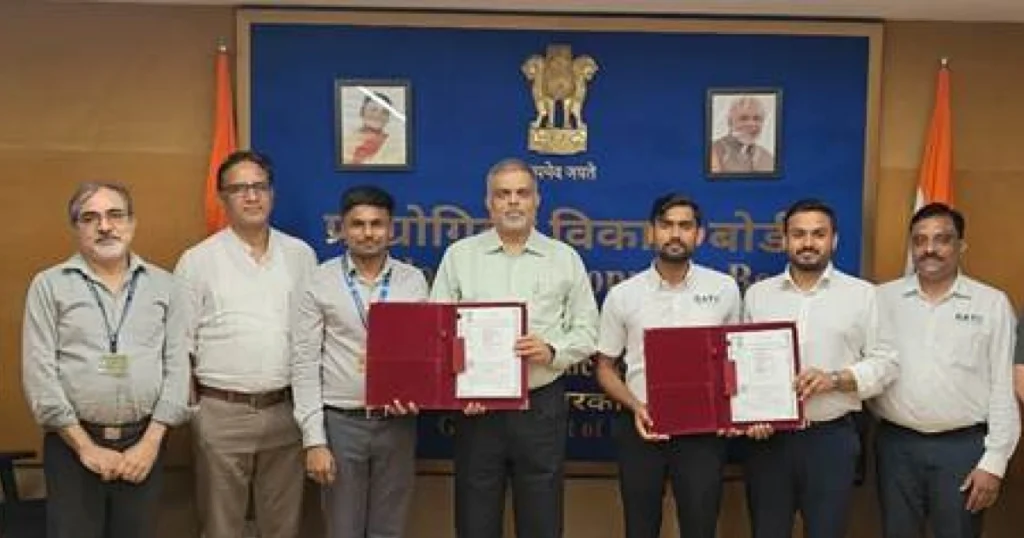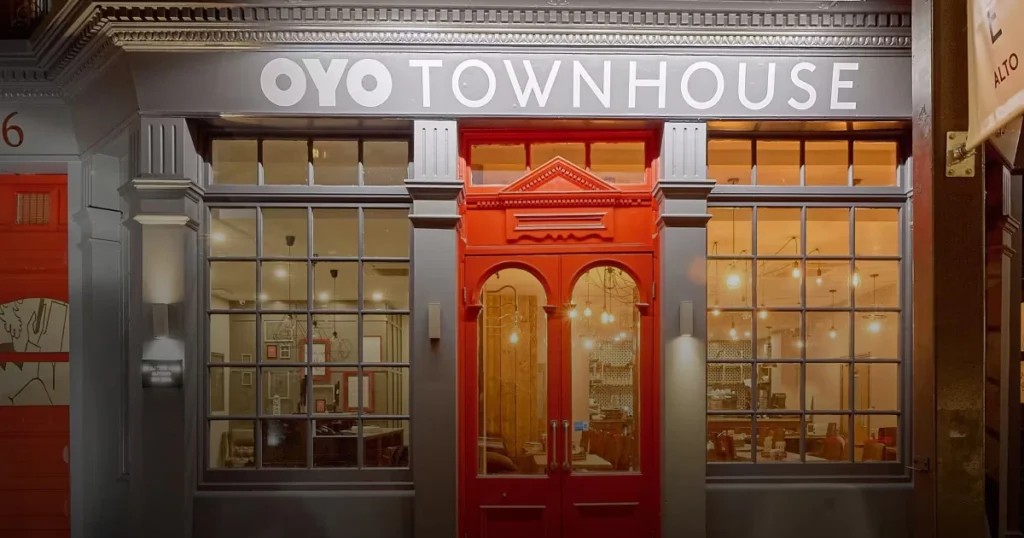In a world increasingly aware of the environmental impact of waste, one startup is turning an overlooked problem into a sustainable solution.
Nirmalaya, founded in 2020 by Bharat Bansal, Surbhi Bansal, and Rajeev Bansal, is addressing the significant environmental challenge posed by floral waste from religious and cultural festivities.
Each year, millions of tons of floral offerings, used in temples and ceremonial events, are discarded improperly, often ending up in rivers or landfills.
This mishandling not only contributes to severe pollution but also releases methane, a potent greenhouse gas, exacerbating global warming and air pollution.
The environmental degradation from these practices is immense, threatening ecological balance and contributing to the decline of aquatic life.
Nirmalaya’s founders recognized the untapped potential of this biodegradable waste and developed a pioneering business model that converts discarded flowers into valuable, eco-friendly products.
By doing so, they are tackling the dual challenges of waste management and sustainable product creation, offering a new path forward for religious practices that have long been part of cultural traditions.
Nirmalaya’s product line includes charcoal-free incense sticks, essential oils, and havan cups, all created from upcycled temple flowers.
These products not only fulfill spiritual needs but also embody a zero-waste philosophy, making religious observances more environmentally friendly.
The startup’s production process is designed to be carbon-neutral, further reducing its environmental impact.
Additionally, Nirmalaya empowers local communities by employing rural women, providing them with economic opportunities and promoting sustainability at the grassroots level.
The impact of Nirmalaya’s approach is profound.
By turning temple waste into a valuable resource, the startup is setting a benchmark for how religious and cultural practices can evolve to meet modern ecological standards.
Their success offers a model for similar sustainable initiatives globally, demonstrating that cultural residues can be managed in ways that benefit both the environment and the community.



















